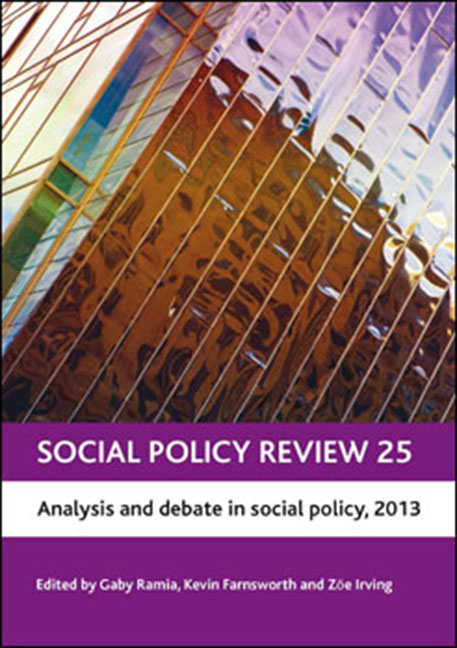Book contents
six - Corporations as political actors: new perspectives for health policy research
Published online by Cambridge University Press: 03 February 2022
Summary
Introduction
In the field of health policy, corporations are important actors implicated in the production of ill health through environmental degradation and the promotion of unhealthy lifestyles and consumptions patterns. Equally, they make important contributions to tackling disease and ill health through the development of new medicines and technologies employed in the diagnosis and treatment of a range of conditions. They provide vital support structures to health care systems through the provision of front-line and ancillary services and the administration of health insurance systems. However, the importance of corporations for health policy is a result not simply of their core business activities, but also their ability to influence the political environment in which they operate.
The role of corporations as political actors is well recognised today (Matten and Crane, 2005; Newell and Levy, 2006; Scherer and Palazzo, 2011). This chapter builds on the existing literature about corporate political influence, which focuses on the structural and agency components of political power (Hacker and Pierson, 2002; Farnsworth, 2004; Farnsworth and Holden, 2006). It combines the insights drawn from this field with those from the discipline of management studies, which focuses on the internal developments of corporations’ political strategies to give a more complete account of the role of corporations as policy actors. In addition, the chapter develops the concept of interconnectedness as part of our analytical framework for examining the role of corporations in health policy. The existing literature demonstrates that companies plan and conduct their political activities across countries and at different levels of governance, including at the local, national and multilateral levels (Sell, 2003; Holden and Lee, 2009). It shows that companies have targeted different branches of government to pursue their political interests, including parliament, civil service and the judiciary (Holden and Lee, 2009; Hawkins and Holden, 2012). Finally, companies from different industries sometimes collaborate, either explicitly by forming cross-industry alliances (Sell, 2003) or implicitly through learning from one another (Bond et al, 2010).
The concept of interconnectedness can advance insights into corporate political power and corporate political strategy derived from political science and management studies by highlighting how key features of globalisation are affecting corporate political activities.
- Type
- Chapter
- Information
- Social Policy Review 25Analysis and Debate in Social Policy, 2013, pp. 113 - 128Publisher: Bristol University PressPrint publication year: 2013

